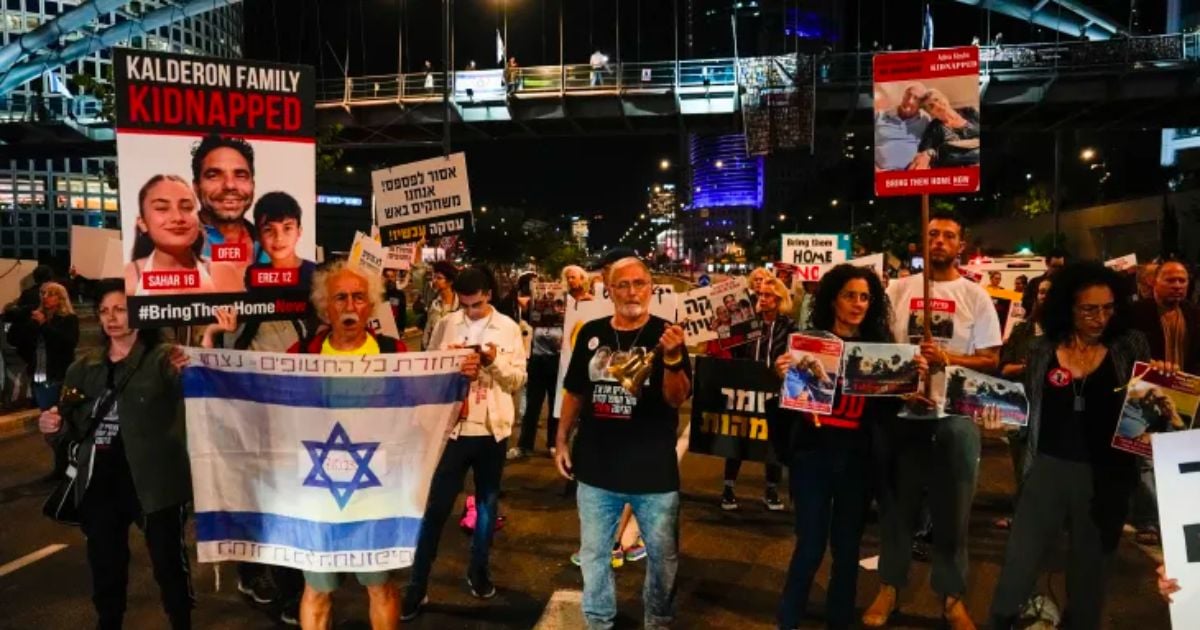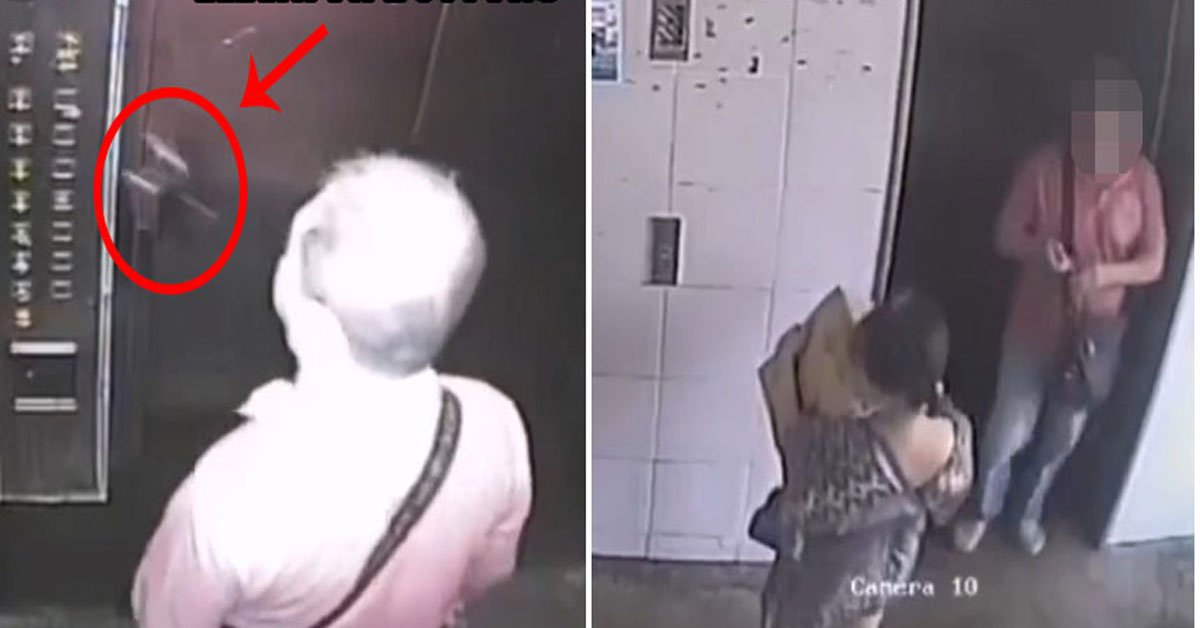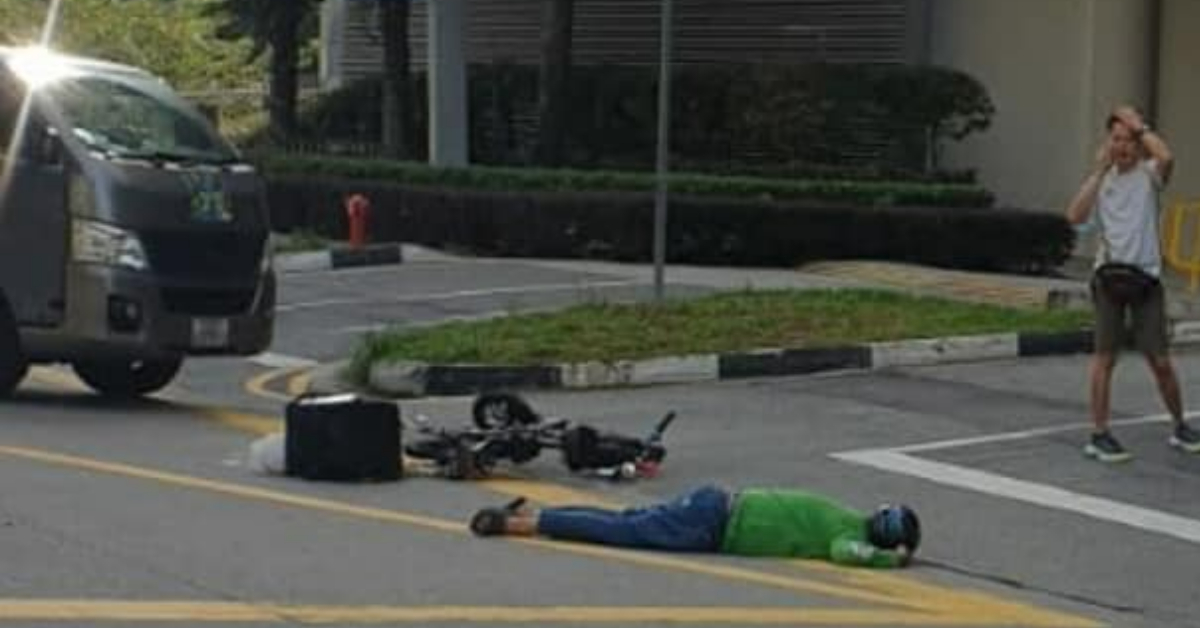In a major step towards peace, Israel and Hamas have agreed to a moment of ceasefire and to stop fighting for four days.
Yes, as rare as it sounds, Israel and Hamas have agreed to a four-day truce, marking a significant pause in the longstanding conflict.
While fragile, the truce offers a glimmer of hope for a more sustained peace process and is closely watched by the global community for signs of progress or potential setbacks in one of the world’s most enduring and complex conflicts.
The four-day truce between Israel and Hamas was set to begin on Friday (24 November 2023) morning.
The hostage release was initially supposed to occur on Thursday (23 November 2023) but was delayed until Friday.
It is promised that civilian hostages and Palestinian prisoners will be released later in the afternoon, as announced by Qatar.
The Hostage Release Process Begins with a Pause in Fighting
The truce will begin at 7am local time (midnight ET), with 13 women and children hostages to be freed at 4pm.
Majed Al-Ansari, a spokesperson for Qatar’s foreign ministry, stated that the list of expected hostages to be released has been handed over to the Israeli intelligence service, Mossad.
The Mossad will also hand over a list of Palestinian prisoners expected to be released to the Qataris.
The spokesperson said that when they have both lists confirmed, the process of releasing the hostages can begin.
Final Red Cross Checks Underway for Prisoners in Two Facilities
An Israeli official told CNN a total of 39 Palestinian prisoners will be released on Friday as part of the deal between Israel and Hamas.
The prisoners will be taken from two jails – Damon and Megiddo, both southeast of Haifa – and driven to the Ofer prison, south of Ramallah, in the occupied West Bank, for final checks by the Red Cross.
Israel has started notifying the families of the first hostages set to be released on Friday.
Gal Hirsch, the Israeli coordinator for hostages and missing persons, stated that liaison officers have informed all families whose loved ones are on the list, including those of the hostages.
According to CNN, the truce had been set to begin at 10am local time on Thursday, with the release of at least 50 women and children out of the more than 230 being held hostage in Gaza.
But those plans were delayed late Wednesday, just hours before the pause in fighting was initially expected to begin.
Israel Announces the Freedom of 150 Palestinian Prisoners
Under the agreement, 150 Palestinian prisoners, comprising women and children, will be released from Israeli jails.
Hamas said the agreement also involves the entry of hundreds of trucks carrying aid relief, medical supplies and fuel to all parts of the besieged territory.
On Wednesday (22 November 2023), as part of a potential second phase of exchanges, the Israeli government published a list of 300 Palestinian prisoners eligible for possible release.
The list includes the ages of the prisoners and the charges on which they are being held – throwing stones and “harming regional security” are among the most common.
Others are listed as detained for supporting illegal terror organisations, illegal weapons charges, incitement, and at least two accusations of attempted murder.
Most of the Palestinian prisoners listed as eligible for release are male teenagers aged 16 to 18 – children under the United Nations definition – although a handful are as young as 14.
Some 33 are women, according to a CNN count.
Qatar, Egypt and the United States to Monitor the Truce
With trust being a major issue between Israel and Hamas, the truce requires international mediators.
This is illustrated in the involvement of Qatar, Egypt, and the United States, who are crucial in ensuring that both parties adhere to their commitments.
Qatar has a particularly important role in the truce due to its close ties with Hamas’s political leadership, which has provided a direct channel for negotiations.
This connection was vital in achieving a significant agreement on the hostage exchange, as observed by various analysts.
Many families in Israel and Gaza are nervously waiting for their family members to be freed under the four-day truce.
Nonetheless, experts warn that this peace agreement is very delicate, and any small action from any party could ruin it even before any prisoners are exchanged.



